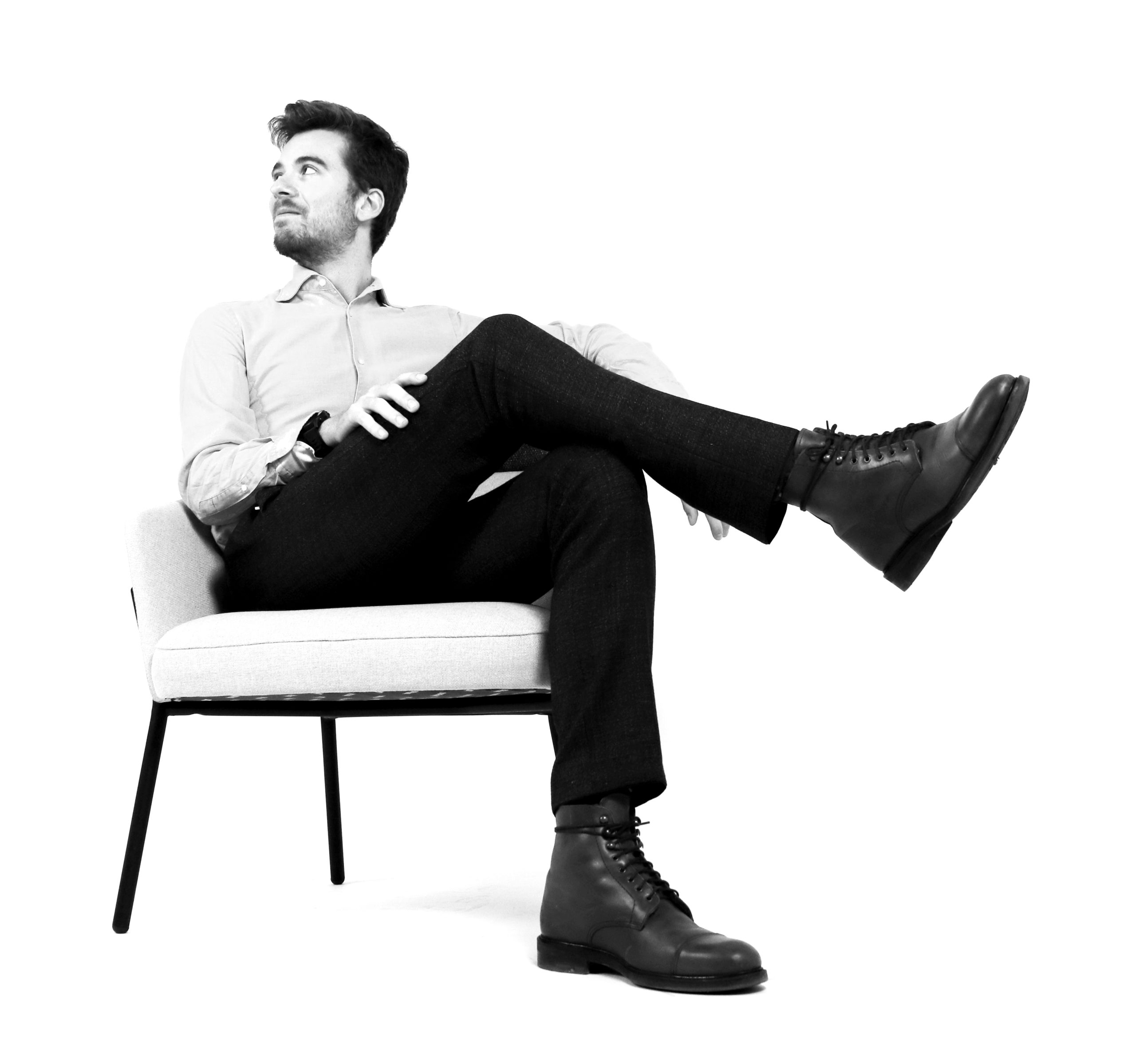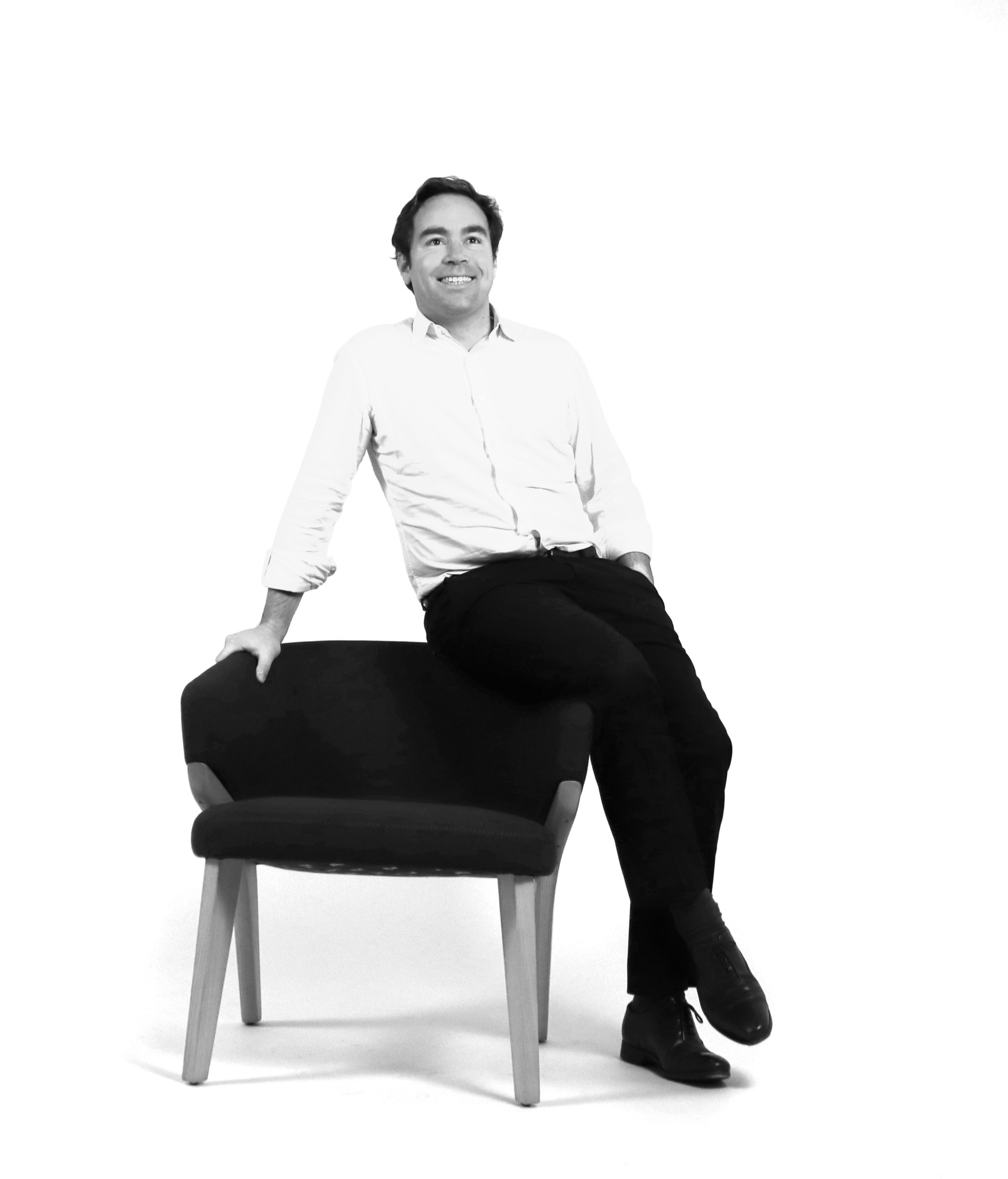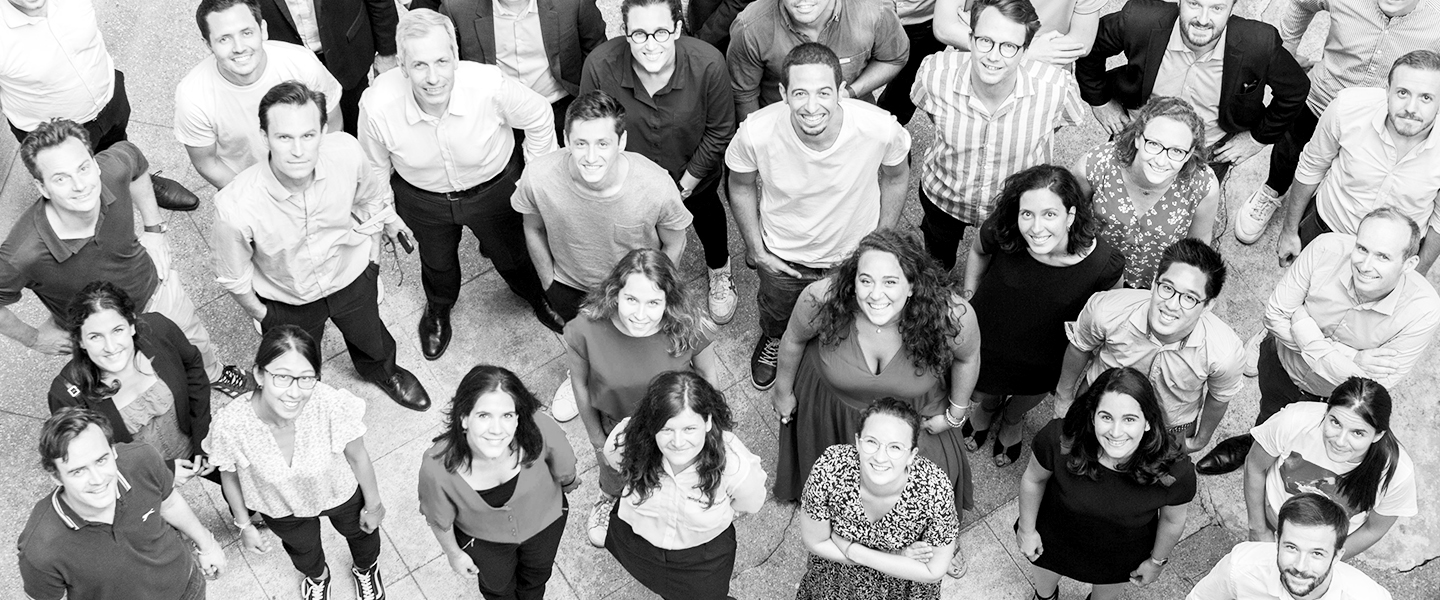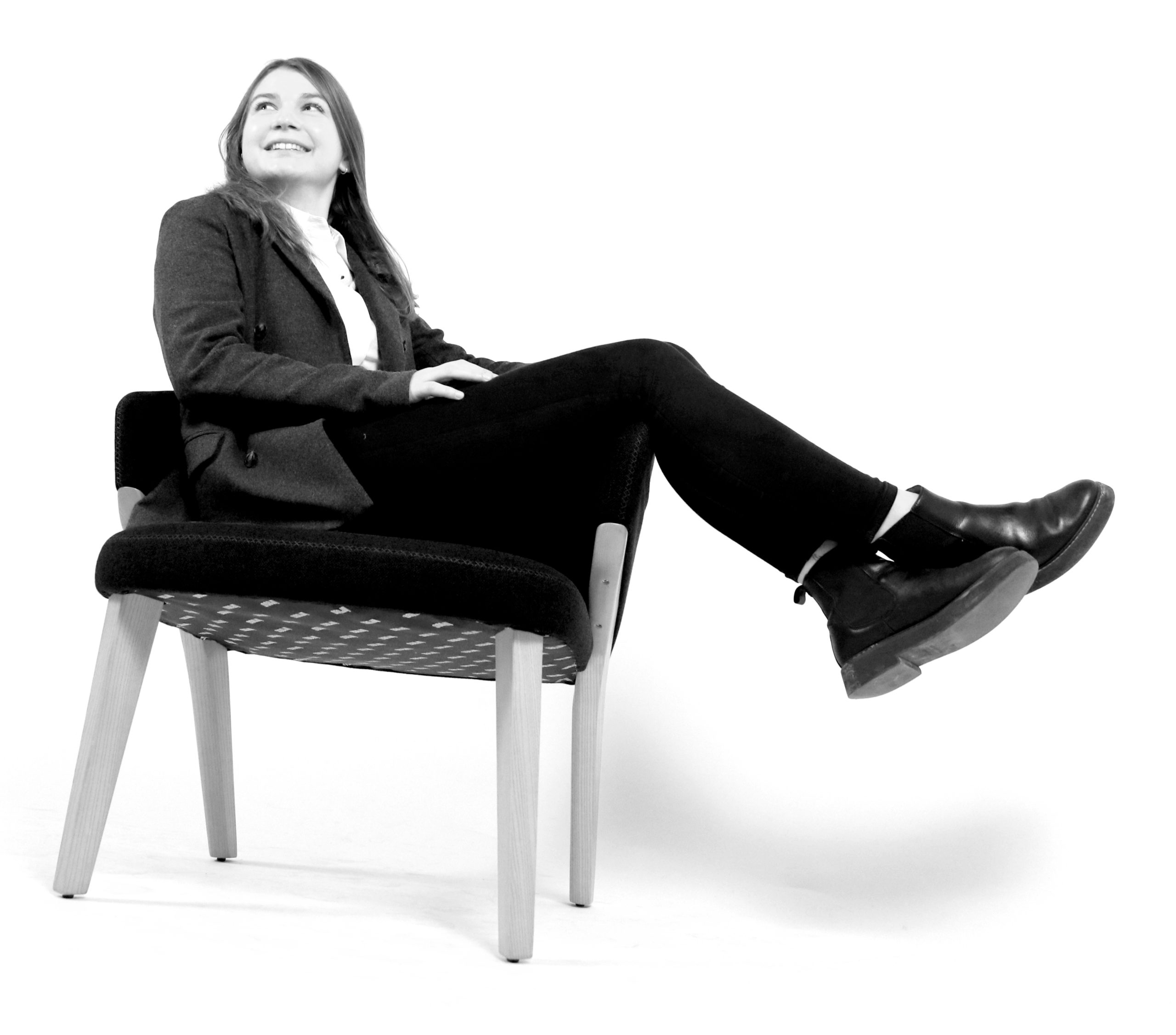Historic profit sources are now saturated and newcomers have disrupted the competitive landscape
Brands and chains are being forced to act fast to update their business and societal models. In retail, consumer goods and luxury, the historic sources of growth have been depleted. Industry players must preserve operations while simultaneously innovating with the creation of new avenues of sales and profitability.
In distribution, digital challengers and DNVBs (digital native vertical brands) are shaking up the established order, while the Covid-19 pandemic also shifted the dynamics among market players.
On the manufacturer side, the emphasis is on relocalisation and developing brands with local roots to counter the spread of the mighty “world brands”.
Finally, in the luxury sector, purchases originating in the primary consumption areas (Asia in particular) have eaten up tourism market share, a phenomenon also driven by the rise of local brands – Korean and others – as department stores seek out new vectors for growth.



